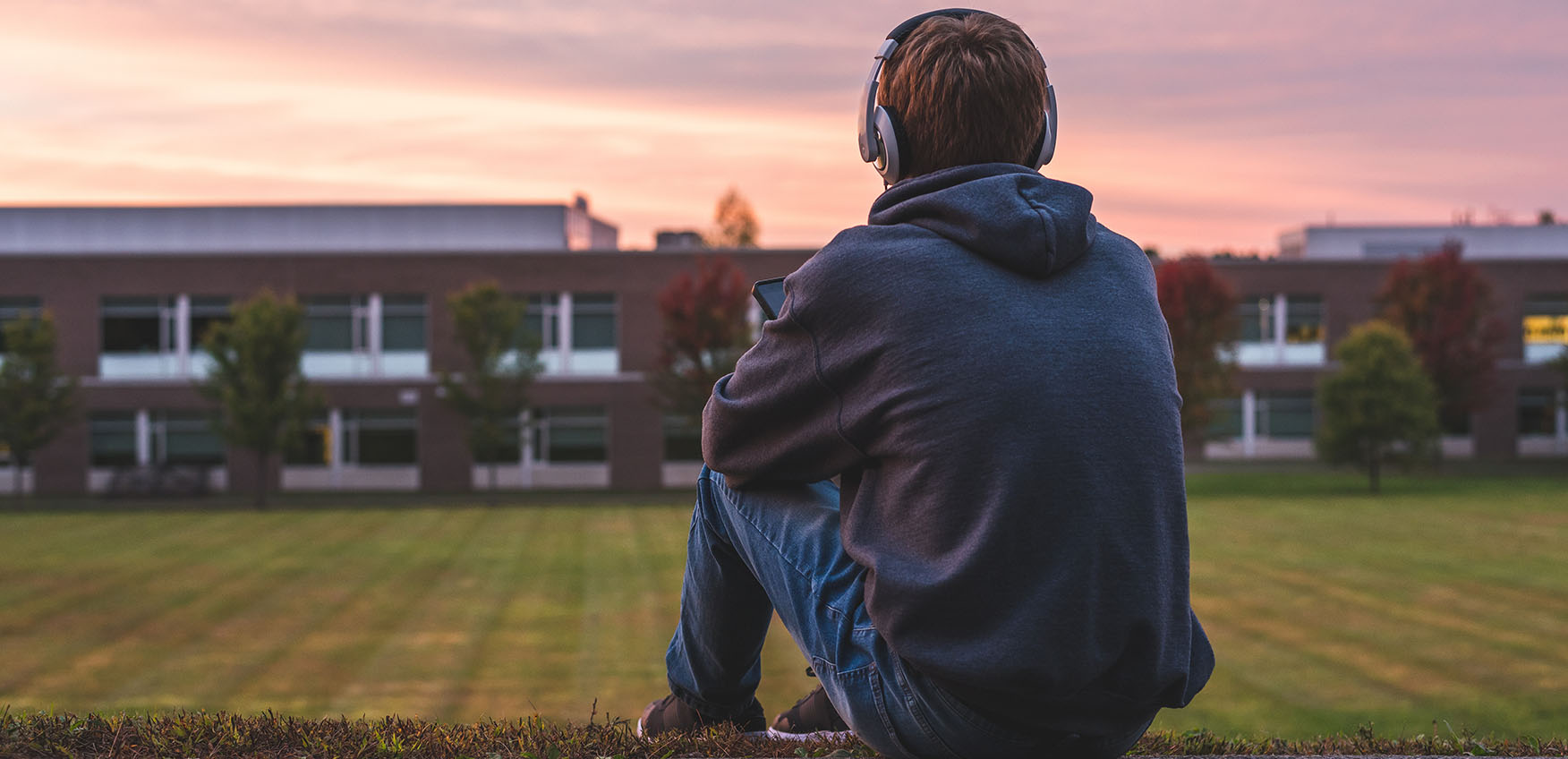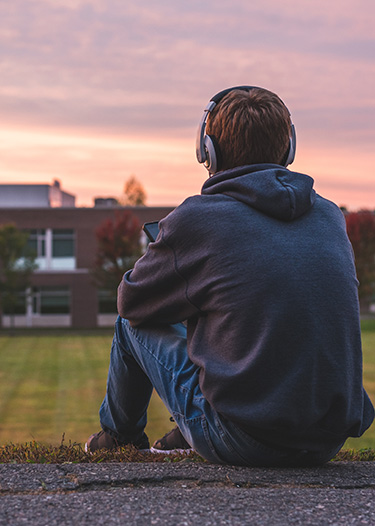Cancer ghosting: A silent side effect of survivorship


Many patients with cancer are ready for the ups and downs of cancer treatment and recovery. However, there is one part of the cancer survivorship experience they may not be prepared for.
“Cancer ghosting” is a relatively new term that has gained popularity among people diagnosed with cancer. It refers to the all-too-common phenomenon of receiving a cancer diagnosis and then watching friends and family members “ghost,” or disappear, from your life. What causes cancer ghosting, and how can you provide the best support for cancer survivors in your community?
Reasons behind cancer ghosting
Sometimes cancer ghosting isn’t meant to be malicious, but it can still feel deeply hurtful. Family and friends may be processing their own grief or shock after hearing of a loved one’s diagnosis and may be unable to provide support while working through their own emotions. They might feel overwhelmed by challenges in their own lives or fear they won’t be able to offer the right kind of help, so they ghost and withdraw instead of having a conversation about needs or expectations.
In other cases, ghosting may be a more selfish decision. A friend or family member may simply choose not to stay connected with someone after a cancer diagnosis, whether out of discomfort, avoidance or self-interest. While losing contact with someone you care about may hurt, it also frees you to focus your energy on loved ones who give you the support you need to help you heal.
Ways to support someone after a cancer diagnosis
Depending on the type and stage of cancer, as well as available treatment options, some survivors may return to life similarly to how it was before diagnosis. Others may face more intensive treatments and long-term changes to their daily lives. No matter the situation, knowing how to support a survivor emotionally, physically or financially can make a meaningful difference.
The first and most immediate way you can provide support to a cancer survivor is by being there for them emotionally. A cancer diagnosis is a life-altering event, and most people need someone who will listen to their concerns, help them process their emotions or assist in creating care plans. Being a steady, compassionate presence—without judgment or pressure— can be a powerful form of support.
You can also help by offering physical assistance. Cancer and its treatments can leave survivors too fatigued to manage daily tasks such as cooking, cleaning or driving. Being willing to provide hands-on support can bring comfort and reestablish a sense of routine and purpose.
Financial support is another valuable way to help. Cancer treatment is often expensive, and even with insurance, medical bills can add up quickly. Whether you contribute directly or support a fundraiser, your generosity can help ease stress and allow cancer survivors to focus on fully healing.

The power of showing up
Cancer survivorship is an uncertain journey, but consistent support can make all the difference. When survivors are surrounded by people who show up in meaningful ways, they can focus on treatment, recovery and spending time with loved ones who are there for them.
While cancer ghosting is a painful and often overlooked reality, it highlights the importance of staying connected. Understanding why some people pull away—and choosing instead to lean in with empathy—helps build stronger, more compassionate communities. A reliable support system doesn’t just ease the burden of survivorship; it reminds survivors that they’re not alone.
Hear Katherine Cermin, DNP, explain the emotional toll cancer ghosting takes on loved ones. Click to watch.

 Close
Close